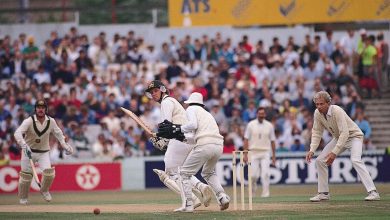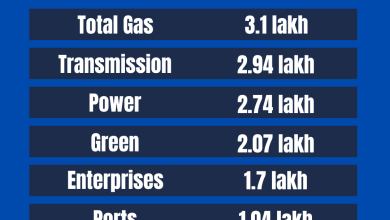Introduction And History of Lithuania: Discover Its Rich Heritage
Lithuania is a small country in Europe. It is rich in history and culture. This article will introduce you to Lithuania. We will also explore its history.
Where is Lithuania?
Lithuania is in Northern Europe. It is one of the Baltic States. Lithuania is bordered by Latvia, Belarus, Poland, and Russia. The Baltic Sea is to the west of Lithuania.
Basic Facts About Lithuania
- Capital: Vilnius
- Population: About 2.8 million people
- Language: Lithuanian
- Currency: Euro (€)
Early History of Lithuania
The land of Lithuania has been inhabited for thousands of years. The first known people were Baltic tribes. These tribes lived in the area around 2000 BC. The name “Lithuania” was first mentioned in 1009 AD.

Credit: www.amazon.com
The Grand Duchy of Lithuania
The Grand Duchy of Lithuania was established in the 13th century. It was one of the largest countries in Europe. It included parts of modern-day Belarus, Ukraine, and Poland.
Here are some key points about the Grand Duchy of Lithuania:
- Founded by Mindaugas, the first and only King of Lithuania.
- Reached its peak in the 15th century.
- Famous for its diversity and religious tolerance.
Union with Poland
In 1386, Lithuania formed a union with Poland. This was called the Polish-Lithuanian Commonwealth. It was one of the largest and most powerful states in Europe.
Key points about the Polish-Lithuanian Commonwealth:
- Created by the Union of Krewo.
- Had a unique political system with elected kings.
- Lasted until 1795 when it was partitioned by neighboring countries.
Partitions and Russian Rule
In the late 18th century, Lithuania was divided among Russia, Prussia, and Austria. Lithuania was under Russian rule for more than a century. During this time, the Lithuanian language and culture were suppressed.
Independence and Interwar Period
After World War I, Lithuania declared independence in 1918. The country faced many challenges during this time. It had to rebuild and modernize.
Key events during the interwar period:
- Vilnius was occupied by Poland from 1920 to 1939.
- Kaunas served as the temporary capital.
- Lithuania made significant economic and cultural progress.

Credit: www.britannica.com
World War II and Soviet Occupation
World War II brought more hardships to Lithuania. The country was occupied by the Soviet Union in 1940. Then, it was occupied by Nazi Germany from 1941 to 1944. After the war, Lithuania was once again under Soviet rule.
Key points about Soviet occupation:
- Soviet rule lasted from 1944 to 1990.
- Many Lithuanians were deported to Siberia.
- The Lithuanian independence movement grew stronger.
Restoration of Independence
In 1990, Lithuania declared independence from the Soviet Union. It was the first Soviet republic to do so. The Soviet Union recognized Lithuania’s independence in 1991.
Modern Lithuania
Today, Lithuania is a democratic country. It is a member of the European Union and NATO. The country has a growing economy and a rich cultural heritage.
Key aspects of modern Lithuania:
- Vilnius is a vibrant and historic capital city.
- Strong traditions in arts, music, and literature.
- A popular destination for tourists.
Frequently Asked Questions
What Is Lithuania?
Lithuania is a Baltic country in Europe, known for its rich history and beautiful landscapes.
Where Is Lithuania Located?
Lithuania is in Northern Europe, bordered by Latvia, Belarus, Poland, and the Baltic Sea.
When Did Lithuania Gain Independence?
Lithuania declared independence from the Soviet Union on March 11, 1990.
What Is The Capital Of Lithuania?
Vilnius is the capital and largest city of Lithuania.
Conclusion
Lithuania has a long and fascinating history. It has faced many challenges but has always remained strong. Today, Lithuania is a proud and independent nation. Its rich history and culture continue to inspire people around the world.




